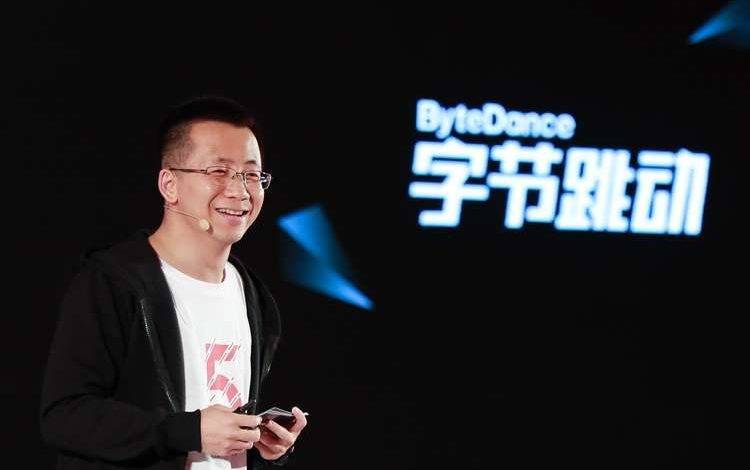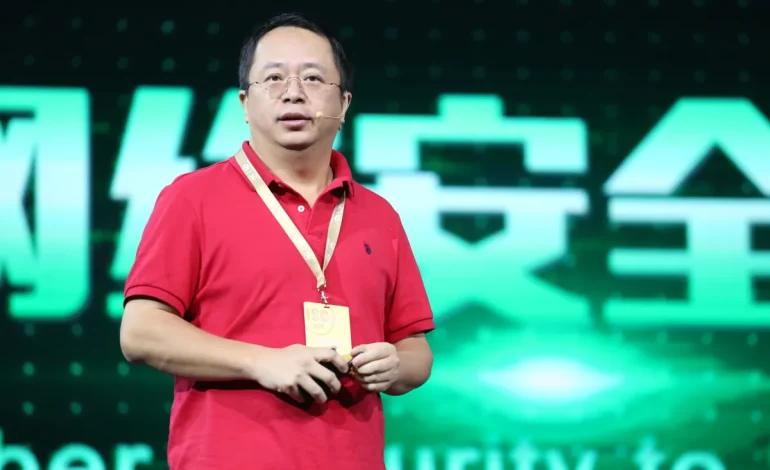Zhang Yiming and the ByteDance Legacy

How the founder’s global vision continues to shape ByteDance beyond TikTok.
From Startup to Global Phenomenon
When Zhang Yiming founded ByteDance in 2012, few predicted the company would become one of the most influential tech firms in the world. What started as a news aggregation app (Toutiao) quickly evolved into TikTok and Douyin, platforms that redefined global content consumption.
By the time Zhang stepped down from day-to-day leadership in 2021, ByteDance was valued at over $300 billion, rivaling the likes of Meta and Tencent. Today, his legacy is not just TikTok’s cultural dominance but also ByteDance’s transformation into a diversified tech ecosystem.
The Algorithm Advantage
At the heart of Zhang’s success lies ByteDance’s recommendation algorithm, which disrupted traditional social networks. Instead of focusing on who you follow, ByteDance prioritized content relevance, making virality accessible to anyone.
This “content-first” approach reshaped global media, enabling micro-creators to rise alongside celebrities. It also gave ByteDance political and cultural influence, raising concerns in Washington, Brussels, and New Delhi about how content flows shape public opinion.
Beyond TikTok: Diversification
While TikTok is ByteDance’s crown jewel, Zhang always envisioned a multi-platform empire. ByteDance has expanded into:
- Education tech (despite regulatory setbacks in China).
- Enterprise software (Lark, a Slack-like tool).
- Gaming, where it competes with Tencent for mobile audiences.
- AI research, fueling future products in content, productivity, and health.
This diversification reflects Zhang’s core philosophy: algorithms are infrastructure, applicable far beyond short videos.
Leadership Style
Zhang Yiming is often described as a quiet visionary. Unlike Jack Ma’s flamboyance or Elon Musk’s theatrics, Zhang preferred low-profile management. He emphasized iterative experimentation, engineering focus, and global ambition.
His decision to step aside was framed as a generational shift, allowing ByteDance to institutionalize leadership beyond a single founder. Yet his imprint remains visible in the company’s culture of relentless data-driven iteration.
Regulatory Headwinds
ByteDance’s success has also brought unprecedented scrutiny. In China, regulators have tightened rules around youth screen time, data governance, and platform responsibility. Globally, TikTok faces bans and divestment pressures, especially in the U.S., where lawmakers cite national security risks.
Navigating these pressures requires balancing compliance with growth, a challenge Zhang anticipated by diversifying revenue streams and embedding ByteDance deeper into non-entertainment verticals.
Monetization and Fintech Touchpoints
ByteDance’s platforms are not only media hubs but also commerce and payments ecosystems. Livestream shopping on Douyin has exploded, creating a hybrid of entertainment and retail. Integrated digital wallets now allow instant creator payouts, microtransactions, and cross-border sales.
In some international markets, fintech startups have even layered reserve-backed settlement tools into the ByteDance ecosystem, enabling faster and cheaper payments to overseas influencers and small businesses. Though largely invisible to users, these financial rails are becoming as important as the content itself.
Zhang’s Global Legacy
Zhang Yiming’s biggest legacy may be his insistence on thinking globally from day one. Unlike many Chinese tech firms that focused domestically before expanding, ByteDance launched internationally early, ensuring TikTok’s global dominance before regulators could react.
This global-first approach set a template for Chinese startups: if you want influence, build beyond borders immediately.
Outlook: ByteDance After Zhang
Though Zhang no longer leads, his influence lingers. ByteDance continues to invest in AI labs, gaming, and enterprise tech, ensuring it is not reliant on TikTok alone. The company faces steep regulatory and geopolitical hurdles, but its culture of innovation remains intact.
For global tech readers, Zhang Yiming’s story is not only about an app but about how one founder redefined media, commerce, and payments ecosystems worldwide. His legacy is proof that in the digital age, algorithms are not just tools they are architects of culture and economy.






